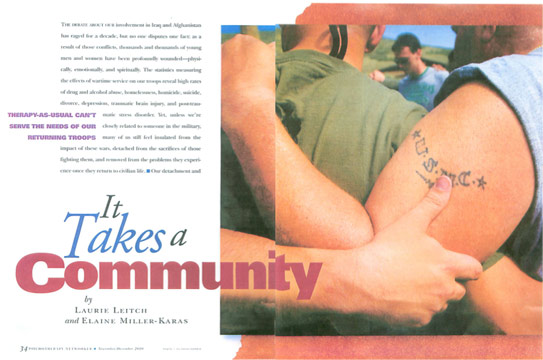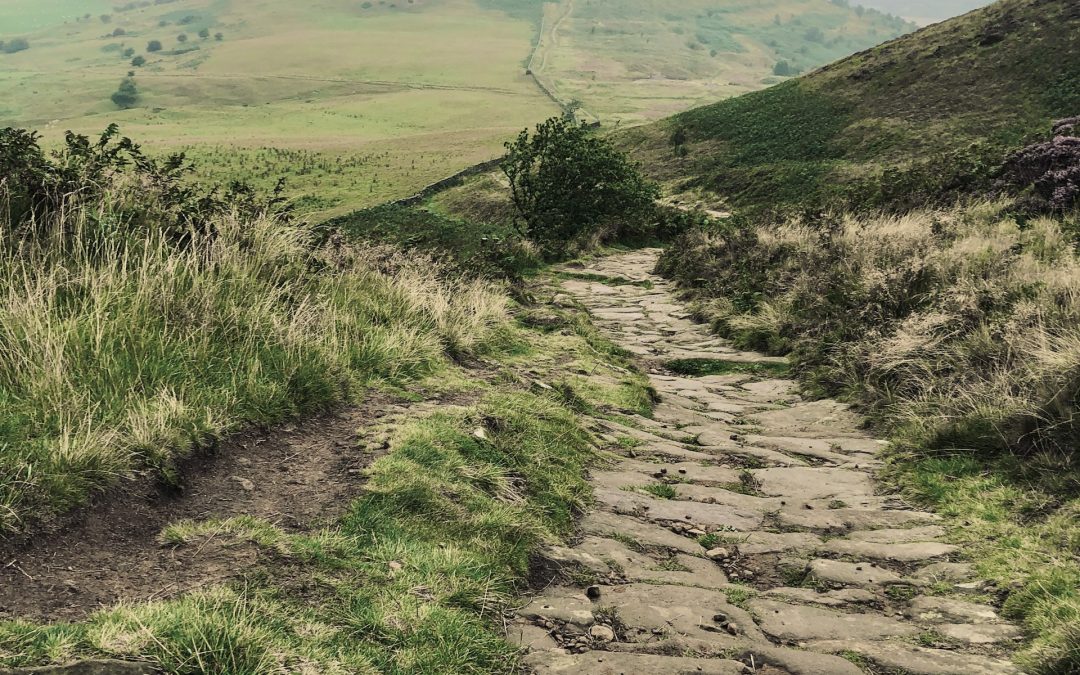The tragic mass shootings at the TOPS Friendly Market in Buffalo, NY and at Robb Elementary School in Uvalde, Texas show, once again, how contagious gun violence is in the United States. The burgeoning and often pernicious influence of social media has been found to be a causal factor which amplifies the exposure of the entire nation within minutes of an incident’s beginning, including graphic video footage.
It is important to recognize that when visual and auditory details of a rampage are immediately accessible, anyone with a mobile device can be affected. And those who are the most vulnerable due to such factors as trauma history, age, and current exposure to other stressful life events suffer in ways that resemble the actual survivor groups.
The exploitation by the media, including interviews with grieving family and friends, child survivors and heartbroken parents amplifies the trauma’s reach. We may notice such indicators of trauma as avoidance, sleep problems, depression, numbing, and despair in ourselves and others in our networks.
TGW’s work following large-scale traumatic events focuses on re-strengthening the factors that are required by our brain/body systems in order to be resilient. We are each “wired” with the potential to be resilient in the face of vulnerability. The Social Resilience Model (SRM) offers basic concepts and practical skills for learning to notice what is happening in the body and then to manage attention in a way that helps cut off toxic stress chemicals and restore nervous system balance.
A core value that forms the foundation of TGW’s work is the support and engagement of each community’s capacity to respond to their own people in ways that harness strengths, decrease reactivity, and draw upon the strong relational bonds that form the backbone of neighborhoods. Safety and relationship are the two most essential ingredients needed by the brain/body system to heal and operate at its best. The most successful community outreach activities and programming must include an explicit focus on bringing people together in ways that enhance a sense of safety.
Providing our SRM Skills Card training to formal and informal community leaders has been used since 2012 to equip “ordinary people” with ways to help themselves and others. This tool uses images that are tailored to reflect the community being supported. A detailed protocol enables both older children and adults to use the card for their own self-care and to teach to others. The card creates a widening ripple of resilience across the community.
At times like these, when we all are struggling to create a new normal in our lives as we adapt to Covid (since it, unfortunately, is still with us) we are seeing big spikes in reactivity and violence nationwide. And, now, we have the two mass shootings in Buffalo, New York and Uvalde, Texas and the corresponding media exploitation that exposes us to the details of the tragedies repeatedly on a daily basis.
We are developing a video series which will be posted in our blog. The videos will provide a demonstration of how to use our SRM skills for self-care. Using the skills can help bring balance to the nervous system. Much needed at times like these!

